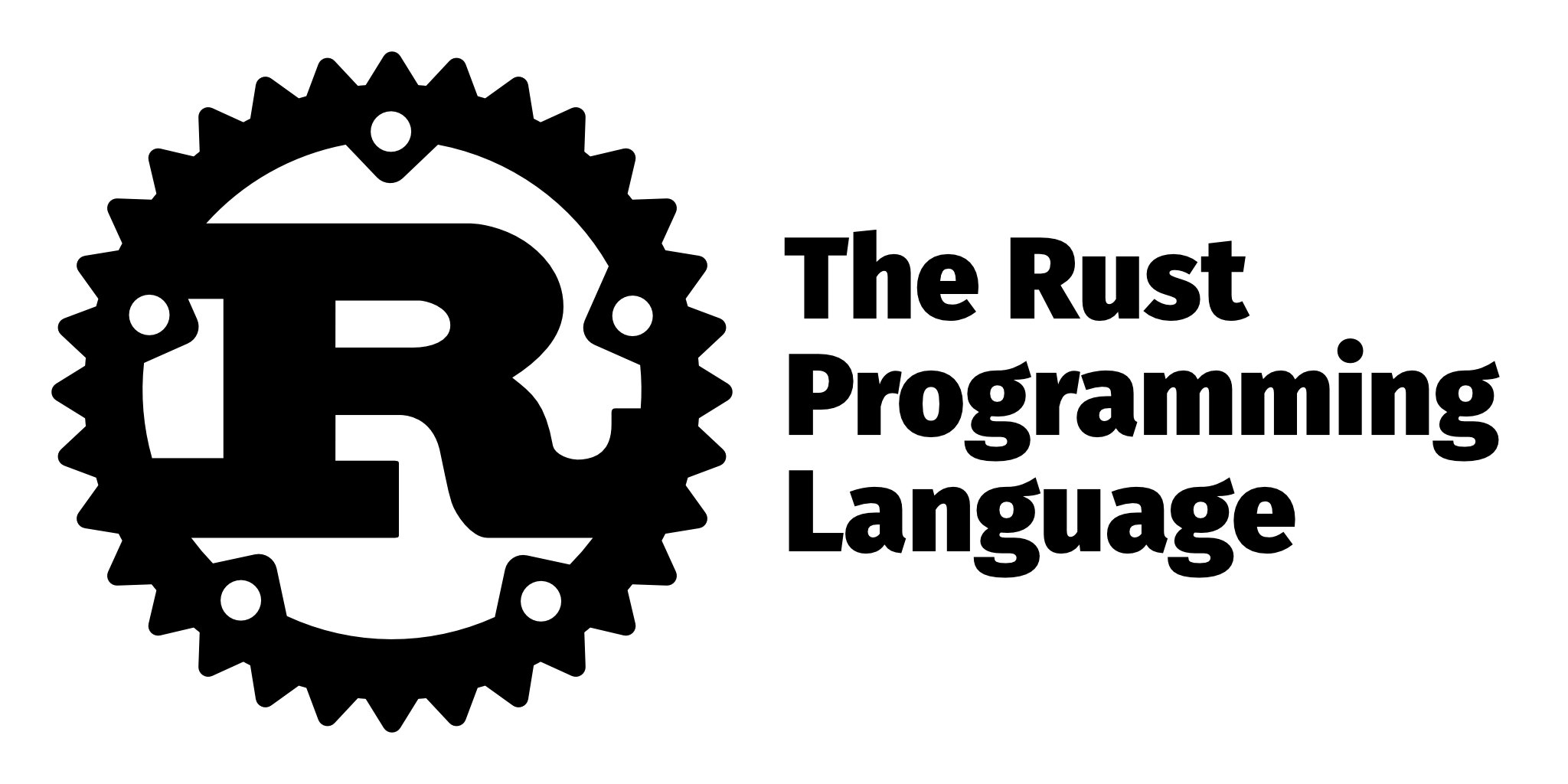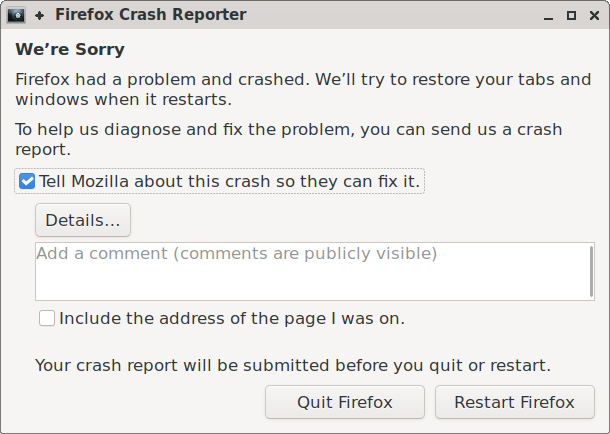- 342 Posts
- 124 Comments

 3·9 months ago
3·9 months agoWhat I feel looks interesting with “on rails” is that you get things like database management built in, like setup, upgrades aso. Of course, this also means that it might be difficult to jump off the rails if you need that. And even if I feel like I’m not the target audience, since I prefer to pick and choose smaller libraries, I’m watching this with interest since Ruby on Rails seems to be quite popular.

 2·9 months ago
2·9 months agoNow when I look in to it, it seems that the things I would like to adjust is mostly formatting of imports, and most of these options seems to still be unstable.

 8·9 months ago
8·9 months agoI agree. I have written server software my entire career, and the need for performance is a corner case in my experience. The never crash in runtime aspect of rust should get much more attention (I know it can panic, but that really never happens in practice unless you use unwrap or smilar).

 8·9 months ago
8·9 months agoI also think the defaults are fine, so I was quite surprised to see 14% modify the settings. That is much higher than I expected.

 7·9 months ago
7·9 months agoIt is always nice to see things progress in the IDE space, even though I must say that since rust analyzer have progressed a lot and JetBrains switched to Rust Rover, I use Rust Rover less now and NeoVim / VSCode more.
That is the boring part when projects gets more mature…
It was a joke
No, that is not all the idea. You might have that idea, but it is not a basic idea at all. To keep something open (as in open source), you must put restrictions that prevents it from closing.
A government is not more free just because it lacks any restrictions, about becoming a dictatorship. It is just less restricted at this point in time. To ensure a free society, there needs to be restrictions in place that ensures it stays free. The same applies to software.
Many seems to believe that less restrictions means more free or open, that is not true. It is just less restricted.
No, I think you missunderstand… A joke is supposed to be funny.
Can someone explain the benefit of letting AWS use your product, then throw resources at it to improve it to get and advantage over your product, basically providing a much better product to their users than you would be able to. But they do it without any need to contribute back. I don’t see the benefit of this to the opensource community at all, but people here seems to be quite passionate about it so you must see this differently than I do. So, please explain your view on how such a situation is beneficial to the OpenSource community.
I suggest an alternative title to this post: AWS employee is mad since Redis change license to prevent them from leaching
Didn’t they switch to a license with stronger mechanisms to keep the source available? SSPL, is basically AGPL but have even stronger protection from large corperations to use the code in their data centers without contributing the changes back. This is basically a move to prevent AWS/Google/Microsoft/et al, from leaching on the contributors work without giving anything back.
Or am I reading this wrong?
EDIT: Note, that the Mastodon account is to an AWS employee… so for him, this might be bad, since it no longer allows them to have their own internal fork without contributing back. Now, they will need to use a real for and maintain that them selves without leaching on the redis contributors.
If you think this is bad, then you should make sure to use copyleft licenses.
EDIT: Just read the details, and it seems that this is just what they did. SSPL is like AGPL with a stronger SAAS is distribution claus. That might not be valid, according to the OpenSource definition, but unless you are planning to modify the code and provide it as SAAS I think this is no a problem.

 101·10 months ago
101·10 months agoExactly. I appreciate the “What’s Gleam” section, but I would also like to see a “Why Gleam?” section.

 8·10 months ago
8·10 months ago7.13% walltime, that is quite good. Nice to see these kind of updates.
Yes, the new functions returns an LocalResult that is like an Option, so that didn’t fail as spectacular 😃

 111·10 months ago
111·10 months agoI think there are so much issues with historical dates, that it is probably not worth fixing it in general purpose libraries. Not only do you need to special case everything like this in relation to dates, but you would also need to keep track of all historical territories (like Prussia and such) and what was part of what. In this particular case, I think that the timezone Europe::Helsinki was part of Sweden and should be included (possibly some cities from current Poland). There is no need to add that kind of complexity to general purpose libraries, that should probably be in some special historical date / region library if needed.
Also, there was not really a concept of time zones before the railway, then the time was floating. The time was not the same in the whole country, because that was not a problem before people started to travel faster and in a way that needed time tables. So, that also fits poorly in a modern general purpose date/time library.

 9·10 months ago
9·10 months agoThis is very interesting. I hope someone write an indepth review regarding features and performance, compared to the competition. I wonder why they went with openssl instead of rustls, it is not like OpenSSL have the best security reputation.










You don’t have to understand everything, it is ok. And joining a language community for a language you hate just to rant about it, shows that you should try to focus on letting things go. It feels a bit obsessive.
If you actually like to have a conversation about the language, I suggest you be a bit more specific and we will try to answer to the best of our ability.
Have a nice day, and don’t forget to breathe.